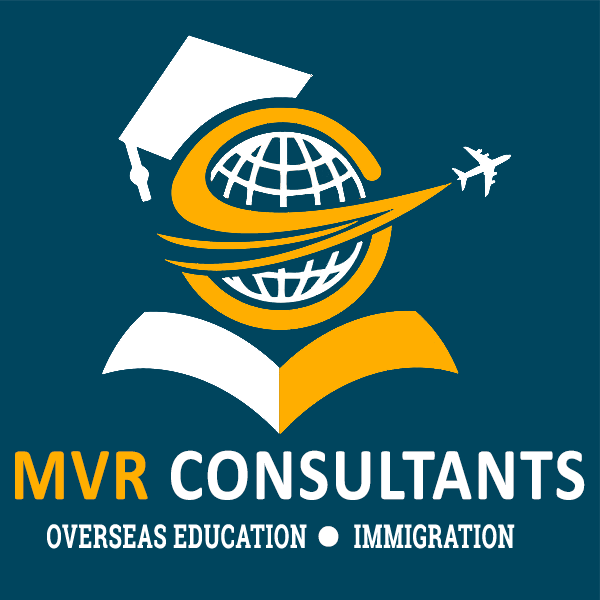Study in AUSTRALIA for Indian Students
Looking to study in the AUSTRALIA? For students seeking to pursue higher education in the AUSTRALIA, we provide the best consulting services. Use the top study abroad counsellors for the AUSTRALIA to choose the most suitable programme and university in the country and to get ready on time for the visa application process.

The number of Indian students studying in Australia is constantly rising as the nation’s visa regulations have been relaxed, enabling students to pursue higher education at prestigious colleges with the least bit of difficulties. Australia is one of the most very popular study abroad destinations. Australia’s universities offer degrees that are recognised worldwide, vibrant cities, student-friendly laws, and high standards of life.
Australia’s population is only about 2.6 crore, although being geographically 2.5 times larger than India. As a result, the country has enough of area to accommodate more and more people as it grows economically. As a result, the government has a HUGE HEART for skilled immigration. Statistics show that 29.1% of people were born abroad. 2.8% of the Australian population is Indian.
- 7 of the world’s top 100 universities and over 22,000 courses across 1,100 institutions.
- 7 of the world’s best cities for students, according to QS Best Campus Cities 2023.
- 12+ Nobel Prize winners have graduated from Australian universities, while more than 450,000+ foreign students from 190+ countries have taken courses.
- 6 years post-study work visa with opportunity for permanent residency depending on which city they live and study*.
- Numerous chances for internships and employment; overseas students are permitted to work up to 20 Hrs /40 Hrs a fortnight per week during semesters, and entirely throughout university breaks.
- Australia is rated as one of the safest and friendliest travel destinations in the world for students. The country has rigorous anti-racist campaigns laws and a diversified society.
- An Australian study visa is easier to get than visas for the United States and the United Kingdom.
- International students holding degrees in skill shortage sectors will have an extra 2 years to stay and work in Australia. Graduates with a bachelor’s degree will be permitted to stay for 4 years. Master’s and Ph.D. graduates will have post-study job rights that allow them to stay 5-6 years.
- To study Diploma/ Bachelor’s Degree, students must have at least a 60% above in XII.
- To study master’s in universities any bachelor’s degree which is 3 years long or equivalent of 12 years of education.
- To study PhD: 4 years of a bachelor’s degree or 16 years of education is mandatory.
- IELTS overall bands of 6 to 6.5, TOEFL overall scores of 80 or higher, or PTE/CAE comparable scores.
- GMAT is necessary for any management-related courses.
Two major intakes—the February intake and the July intake—are offered by universities in Australia. The start of the semester was either in mid-July or February of last year. It takes a while to get accepted, so it’s important to apply on time to avoid missing out.
Intakes at universities in Australia typically occur in February and July. So it’s crucial to submit your application by the deadline. Make sure you choose your courses and universities ahead of time and apply 5-6 months before the start date.
Studying in Australia allows you to complete two Bachelor’s degrees in 4 years, two Master’s degrees in 2–2.5 years, and a Bachelor’s + Master’s degree in 4–4.5 years. The Bachelor’s programmes in Australia last 3 and 4 years, respectively. A master’s degree lasts 1.5 to 2 years. The Dual Degree programme is a special benefit of studying in Australia. The typical length of a doctorate or medical programme is up to 5 years.
Following completion of a bachelor’s degree Australia offers fantastic chances, students are granted a Post Study Work Permit for 2 years in urban regions and 3–4 years in regional areas. After receiving their master’s degree, students are eligible for PSWP for 3 years in metropolitan regions and 4-5 years in rural areas.
To study for MBA courses in Australia and to increase your chances of receiving a scholarship, you might need to take the GMAT or GRE. For English competence, IELTS, PTE, and TOEFL are allowed, with the option of ELICOS courses for international students. Australian universities do not require the SAT or ACT for undergraduate entrance.
